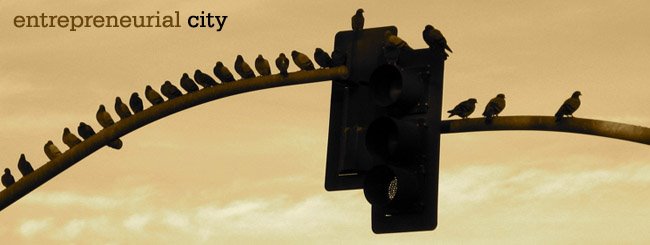
After 1980 the development of research parks gained enormous momentum from the passing of the University Small Business Patent Procedures Act, later known as the Bayh-Dole Act. The intention of this legislation was to invigorate US economic growth after the 1973-1975 recession. The leveling-off of defense-driven federal support for basic science coincided with an enigmatic growth in rapidly developing fields of biotechnology, computers, optics, and semi-conductors. The Bayh-Dole Act then efficiently merged business and education through a federal patent policy that granted small businesses, universities, and nonprofits automatic ownership rights to taxpayer-funded research. It resulted in an overhaul of federal patent policy that until then maintained a distinction between property rights and public domain. Under Bayh-Dole, state and federal research funds could now be turned into marketable products by giving exclusive rights to small firms, education institutions, and other noncommercial entities. In 1983, President Reagan issued a Memorandum instructing all executive agencies to extend the Bayh-Dole Act’s title-in-contractor provisions to large corporations as well.
What university administrators saw as a way to make up for declines in federal funding has now become an unchallengable organizational procedure and has subsequently opened the way to full-scale privatization of public research and a transformation of academic culture through additional laws aligning higher education and the private sector: corporate tax breaks for investing in academic research; rewritten antitrust laws allowing universities, industry, and the federal government to combine their research capabilities; and several new federal grant programs aimed to quicken and encourage university-industry research collaboration. To say nothing of the historical transformation of 'knowledge production' on campus, the research park and mixed-use real estate projects that blossomed after Bayh-Dole redefined the character of communities beyond the campus and created whole new genres of property development that mixed institutional and commercial uses. In the meantime, desires changed, too, amidst this archipelago of research parks that are increasingly pursued the world-over as the key urban form for economic development. Would it be a stretch to say emotions, desires have here become heavily abandoned outside only its safest and self-effacing forms: sarcasm, irony, apathy, and beligerence? Speaking one's desire remains challenging amidst our social arrangement if not all together deadly and suspect. A small possibility remains that this is a good thing. Entrepreneurial City rises anew because whom one loves is at least as important as whom one reads. Read us. Write back. Let's go for pizza. Dearest entrepreneur, we love you.




No comments:
Post a Comment